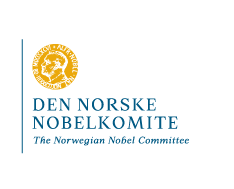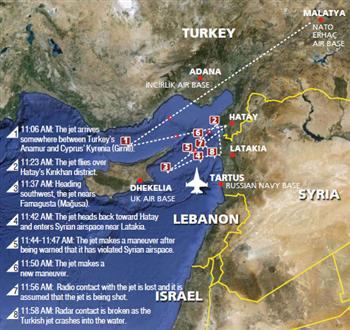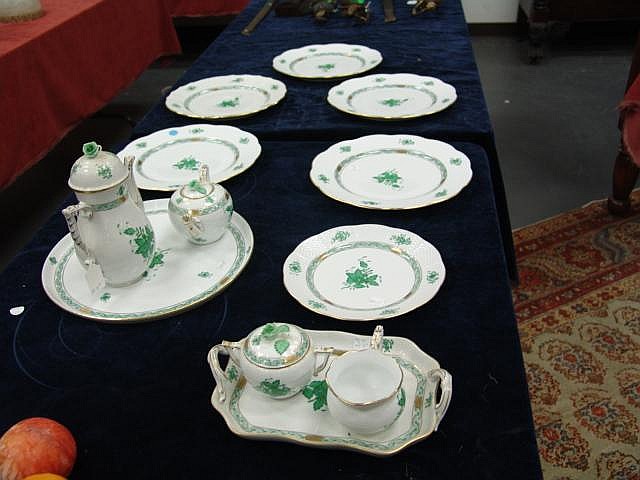A Nobel for the European Union, a rich idea… (Maj)
 (BRUSSELS2) Awarding the Nobel Prize to the European Union is a great idea. And it's a great gift currently being given to Europeans who are so preoccupied today with their internal problems that they have forgotten that they had a role in the world. Seen from the outside, the EU remains a success story. It seems surprising. But it's a reality...
(BRUSSELS2) Awarding the Nobel Prize to the European Union is a great idea. And it's a great gift currently being given to Europeans who are so preoccupied today with their internal problems that they have forgotten that they had a role in the world. Seen from the outside, the EU remains a success story. It seems surprising. But it's a reality...
Indeed for more than 60 years, its member states have renounced war as a means of conflict. They are now waging war with paper blows, slammed doors at the Council, even empty chairs or recourse to the Court of Justice. Opposition is still fierce. But they cause fewer deaths... On this subject we can speak of success, peace has succeeded on the continent to several centuries of wars and conflicts.
For the Nobel Committee, a great idea of reconciliation
The committee first wanted to salute the Franco-German reconciliation. " Today, war between Germany and France is unthinkable. It shows how, through efforts for the betterment and by building mutual trust, historical enemies can become close partners. » She also hailed the consolidation of democracy in many countries: “ in Greece, Spain, Portugal ". We tend perhaps to forget it sometimes, at least in certain countries. As for the fall of the Berlin Wall and the accession of the countries of Central and Eastern Europe, it opened " a new era in European history. The division between East and West has to a large extent been ended, democracy has been strengthened, many national-ethnic conflicts have been settled. And the continent's final stage of reconciliation is underway. " The admission of Croatia as a member next year, the opening of accession negotiations with Montenegro, as well as the granting of candidate status to Serbia will strengthen the process of reconciliation in the Balkans. »
Certainly the EU is currently undergoing severe economic hardship and considerable social unrest ". But the Nobel Committee wanted to go beyond these contingencies and " focus on what he sees as the most important consequence of the EU: the success of the struggle for peace and reconciliation, democracy and human rights ". The work of the European Union stands for "brotherhood among nations", and is equivalent to a form of "peace congress" referred to by Alfred Nobel as criteria for the Peace Prize in his 1895 last will ».
Nuance
Despite all these well-deserved praises, there is one fact which, in my view, should never be forgotten in our continental memory: Europe has not succeeded in avoiding war on its borders and a new genocide. Its biggest absence concerns the Balkans in the early 1990s. Europe has signed a culpable absence there. At the time, it preferred to settle its "small" internal problems, the construction of Economic and Monetary Union, rather than putting all its weight in the balance to avoid or limit the conflict. Which was quite within his reach at the time (contrary to what some comments think). The risk today or tomorrow is proven, Europe could find itself in the same position of selfish blindness and culpable abstention.
We can also ask ourselves the question of the European attitude towards conflicts in the world. Present in Somalia, and perhaps soon in the Sahel, it remains absent from the main conflicts in progress - in Afghanistan, in the Middle East - being satisfied with the policy of the check, usual and ancestral. The "security policy" is also one of the last wheels of the European coach at present. And it is important to bring this policy up to date. In a way, the Nobel will thus force Europeans to get back in the saddle...
- Remains a small question, a question of detail which will undoubtedly still cause a war of corridors. Who will travel to Oslo to receive this Nobel Prize? No doubt Herman Van Rompuy, the President of the European Council. But it also seems necessary that José-Manuel Barroso, the President of the European Commission be there. Even Catherine Ashton who is still the head of the EU's foreign and security policy. There will be a rush at the gate... 🙂 And it would be good and healthy for the European Union if this kind of internal guerrilla warfare ceased.


